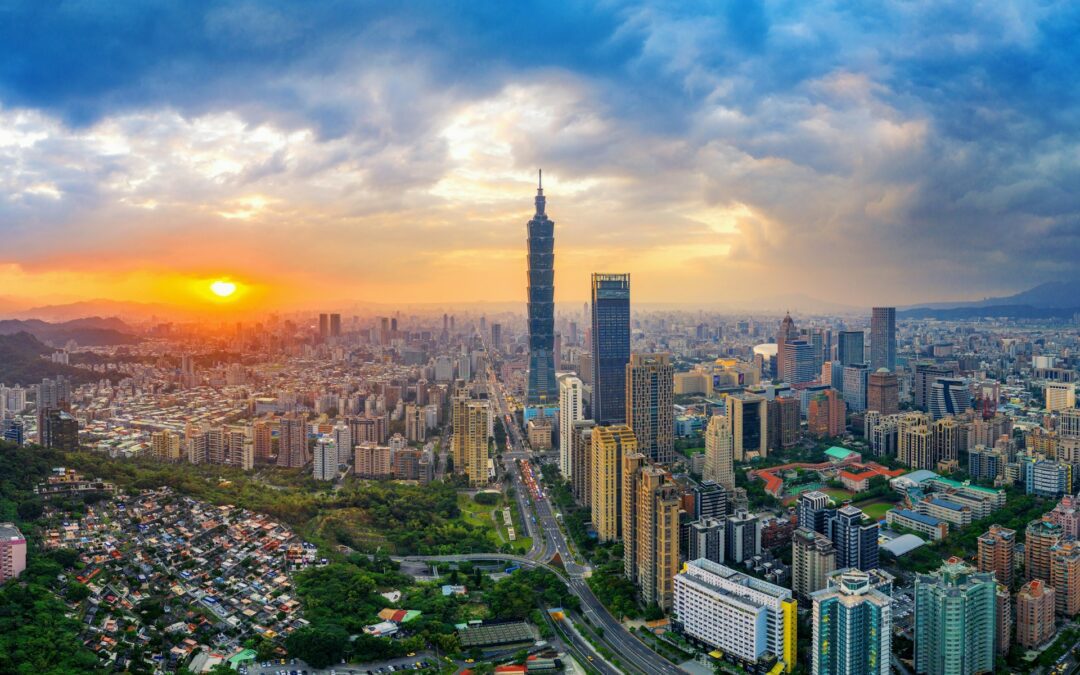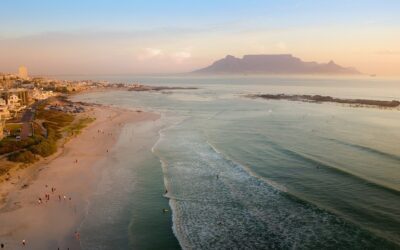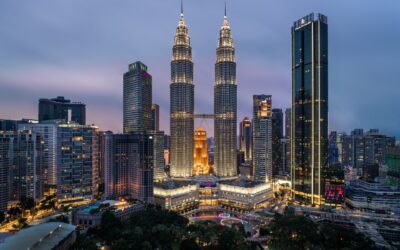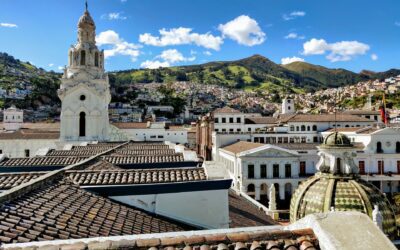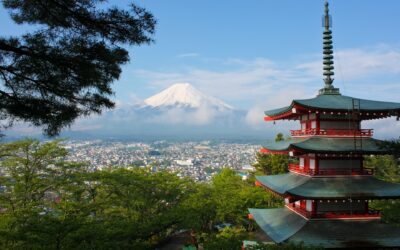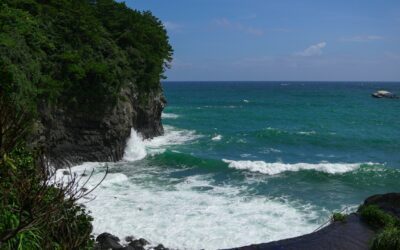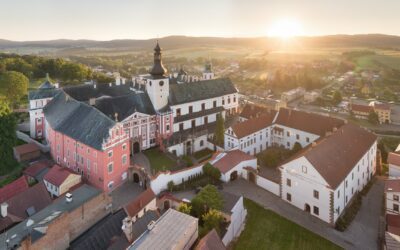|
|
Taiwan is the latest country to announce that it will offer a digital nomad visa that allows remote workers to live in Taiwan while working for a foreign company for up to six months.
We don’t have many details about the visa yet, but the National Development Council Minister, Paul Liu, said at an event on 18 July 2024 that he hopes that a six-month visa will attract global talent to Taiwan.
But what is the visa likely to look like? How does it compare to other visas to visit Taiwan, and what can you expect from living in Taiwan for six months?
What Will the Taiwan DNV Look Like?
The Taiwan government has not released any firm details about the new visa for digital nomads, but they have said that they hope it will enable them to attract 10,000 digital nomads by 2028.
The evidence suggests that the visa will look a lot like the recently launched Japan digital nomad visa. This is a six-month non-renewable visa open to digital nomads and remote workers who earn more than ¥10 million per year (US$68,300). The Japan visa also comes with some restrictions that have not been seen with other digital nomad visas. Specifically, you cannot rent any kind of long-term accommodation and must rely on hotels, services apartments, and Airbnbs. This potentially pushed the cost of living up significantly for visiting nomads. It is unclear whether similar rules will apply in Taiwan.
Taiwan confirmed that it is looking to Japan as an example when it also announced that it would be following Japan’s lead in offering Alien Permanent Residence Certificates to foreigners after just one year if they earn more than US$183,000 per year.
Other Taiwan Visa Options
There are a number of other options out there for digital nomads who want to spend time in Taiwan. Firstly, people from many countries can travel to Taiwan as a tourist visa-free and stay for up to 90 days. And despite what many people think, having a Taiwan visa stamp in your passport does not block travel to mainland China.
Taiwan also has a Gold Card program that aims to recruit skilled professionals to create a database of talent that local companies can recruit from. Locals and foreigners can apply, and if you are recruited through the database, you are fast-tracked for a work visa. The main recruitment fields for this visa include architecture, arts and culture, digital, economy, education, finance, national defense, science and technology, law, and sports. To qualify you need to meet a points threshold that takes account of things such as you education level, years of experience, and current income. There is an online checker to see if you qualify.
What to Expect from Six Months in Taiwan
Taiwan is a small nation, but it is more like South Korea than Singapore. While Taipei is a densely populated mega city and the hub of the nation, the island is also full of green spaces and possibilities for outdoor adventure.
Officially called the Republic of China, while the island has a long and complex history, most recently it was established as an exile home for Chinese communists after the Chinese Civil War. Since the 1990s it has been a democracy, and it is now a highly developed country that rates well for civil liberty and healthcare.
It is considered dangerous to travel to Taiwan because China still considers Taiwan part of its country and publicly proclaims its intention to unify with Taiwan. Consequently, the threat or potential attack from China is imminent. But daily life in Taiwan is among the safest in the world.
Taipei is a 24-hour city.
Like New York and Shanghai, is a 24-hour city of skyscrapers and packed streets. Public transport and favored hotspots are always full, so expect a little bit of friendly jostling. Expect long queues at the best breakfast spots, bustling streets all day, packed night markets, and a vibrant bar and restaurant scene. Whether you are booking accommodation or making restaurant reservations, do it early, as things get busy! The Metro is convenient and the best way to get around.
But don’t expect late dining.
Unlike many big cities, people in Taiwan eat early. Dinner service starts at around 5.30 pm and is usually winding up by about 8 pm. If you miss dinner time at the restaurants, you can always grab something at a night market.
Get an EasyCard.
EasyCard is Taiwan’s smartcard that can be used on so-much-more than just all forms of public transport (except high-speed trains). You can also use it to pay quickly in convenience stores and supermarkets, hire electronic bikes, and an increasing number of services are accepting this payment option.
There are lots of outdoor activities.
Taiwan is very mountainous, so hiking is a popular pastime. Elephant Mountain just outside the city is popular. Be aware that you need a permit to hike most of Taiwan’s mountains, so get one in advance. Since Taiwan is an island nation, and includes hundreds of small islands, you can expect lots of beach escapes too, plus some pretty good surf spots.
Many locals speak English.
While Mandarin is the prevalent language spoken in Taiwan, in most cities and tourist hotspots you will find plenty of people who speak English, and often bilingual signs that include English.
The toilets are good.
If you have used toilets in China, you might be preparing for fairly minimal squat toilets wherever you go, but bathrooms in Taiwan are much better. Most public toilets are free and they tend to be spotless. While there are squat toilets, there are usually a few western-style toilets available for people who prefer them.
The culture is progressive.
Taiwan is known for its progressive culture and was the first country in Asia to legalize same-sex marriage. People in Taiwan tend to be very open and accepting when it comes to lifestyle preferences, as long as you are respectful of the people around you.
Cost of Living in Taiwan
Many people assume that Taiwan is an expensive place to live, with a cost of living rivaling Seoul or Tokyo, but it is actually quite affordable. Numbeo estimates that a single person needs about US$800 per month excluding rent. However, assuming you aren’t renting on the local market, expect to pay a premium for accommodation. While an apartment on the local market might start at around US$400 per month, expect to pay around US$2,000 per month to get the same place as an Airbnb.
Lauren Jiff recently shared her expenses when traveling around Taiwan for three months. She said she spent about US$22 per day when backpacking on the cheap, US$35 per day when traveling as a couple, and US$50 when staying as a digital nomad living in a Taipei apartment. Her experience suggests that you can expect to pay US$10-$20 per night for a hostel, US$30-$90 per night for a room in a mid-range hotel, and US$101 per night for an Airbnb.
Waiting for More Details
We are currently waiting nomad visa details to see what the Taiwan digital nomad visa will look like, but it looks like it will be a fantastic opportunity to explore this beautiful country.

